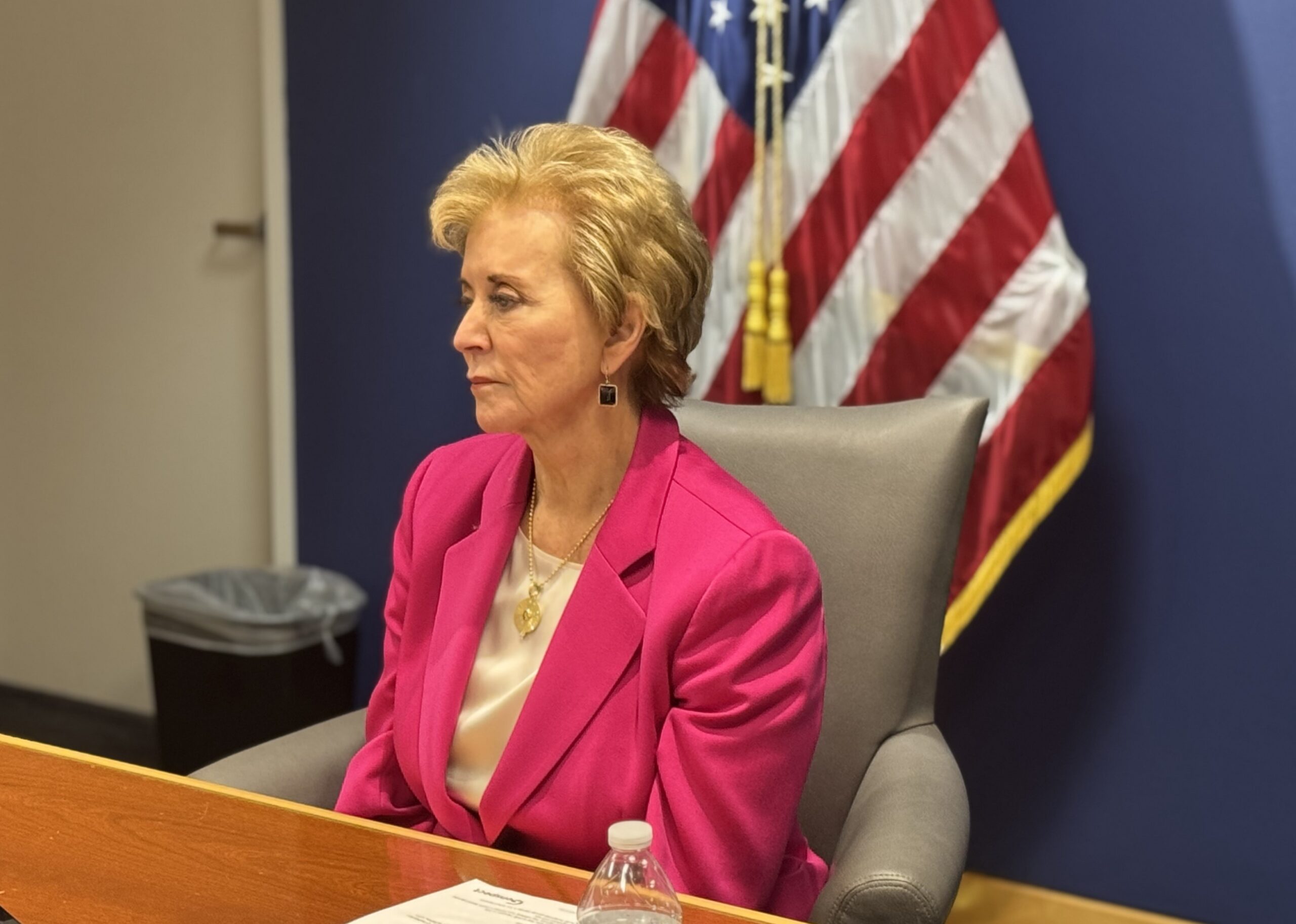Trans Ideology Is Just Hyped-Up Mania: I Should Know, I Almost Transitioned
The author reflects on a childhood experience from 1971 when, at age 12, they briefly enjoyed dressing as a girl on Halloween, aided by their sister and her friends. They recall the excitement and attention it brought, as well as a confusing but thrilling sense of sexuality. Unlike today, their expression did not lead to intervention by adults or medical professionals. The author contrasts this with modern approaches to gender nonconformity in children, expressing concern that today’s youth might be quickly directed into gender transition paths without full understanding or maturity. Citing studies, the author highlights the high rates of mental health struggles among transgender adults, especially those who have undergone surgery. They argue that children should be allowed to grow and explore their identity without pressure from ideology or medicalization, advocating for laws to protect young people from premature gender transition treatments. Ultimately, the piece warns against rushing children into irreversible decisions and calls for thoughtful guidance and parental involvement.
My sister and her friends gushed, “Oh my gosh, Jay, you’re beautiful!”
The hand mirror validated their excitement. Truly, I was a stunner. My cheeks glowed smooth and pink, as did my lips — moist and full and lipsticked.
Frosted blue eyeshadow complemented the matching specks in my otherwise hazel eyes. Long, heavy eyelashes and dark eyeliner highlighted the effect.
I stood and smoothed my mini dress — actually my sister’s — then turned to the full-length mirror. I was trim and sleek, a look heightened by tall, white boots.
My chest — two small oranges wrapped in tissue and tucked into a bra — projected an image of young female vigor rather than making me look like a caricature.
My mother’s wig appeared so natural it might as well have been my own hair. Something powerful quivered inside me.
I leaned into the girls as they straightened a seam here and smoothed makeup there. Their touch was exhilarating, and they smelled good in a way that made my throat tighten.
The doorbell rang and I boot-clumped downstairs to join my buddies. It took more than a few seconds for them to understand who they were gawking at.
Recognition was followed by laughs and punches and pinches. I grabbed an empty grocery sack and we ran into the Halloween night.
“And what are you?” the woman in the doorway asked.
“I’m a girl!” I exclaimed. My friends giggled.
“Yes, dear,” she said, “but what are you supposed to be? A go-go dancer?”
Exasperated, I lifted the wig from my head. “I’m a girl!”
She covered her mouth to stop the expletive that was already partway past her lips. With her other hand she stuffed my bag with too much candy.
I was 12 and fascinated with my new identity. I quickly became a more-than-willing full-size dress-up dolly for my older sister and her friends.
I loved the attention and I loved the shiver that was my body’s response to their pets and strokes. Friends and family mostly laughed when I modeled my many different lady-looks during the following months.
At school my friends sometimes teased me, but it was always good-natured. One day, a teacher asked about my painted fingernails.
Excited, I explained my newfound deviation. A photo of me at my feminine finest widened her eyes. A few days later I was invited to talk with the school’s nurse and another woman I didn’t recognize.
They asked about my feelings toward girls and boys, and additionally queried me about my family and friends, and about many things I didn’t understand.
In subsequent meetings I took written tests that made little sense. More meetings followed which included role-playing games. Finally, my parents were invited to join what had become… sessions.
My father didn’t come. My mother did, usually sat and listened without saying much. She cried sometimes. Like me, she was confused by terms such as gender dysphoria, two-spirit, cisgender, and genderqueer — among many others.
One day, near the end of the school year, she pulled me from class and drove me to town. She didn’t talk much or look at me during the trip.
But when we arrived, she parked the car and sat very quietly for a time before reaching over and covering me with a long hug.
And then we walked into the clinic.
Okay, after the teacher noticed my fingernails, none of the other bits actually happened. Mostly because it was 1971.
In fact, I did dress as a girl on that Halloween night and episodically for several months afterward. I enjoyed the attention I received for being an absolute knockout.
And what I really relished, although I’m not sure I understood it, was the sexual tension that came from being touched by my sister’s friends. I liked that.
A lot.
By the following Halloween I had grown bored — as had my sister and her friends — with dressing like a girl. My body matured and I grew into manhood the traditional way.
I played sports, I worked on cars, I dated, I graduated from college, and I joined the Marine Corps and flew fighter jets for 20 years, including 37 combat missions.
I became a noted historian. And, together with my wife of 44 years, I raised two beautiful daughters. To my mind, I am about as manly as the stereotype stretches.
But I wonder what would have happened if I had been a 12-year-old crossdresser in 2023 rather than 1971.
Would the gender transition pushers have pounced? Would I have been “helped” into my “real” identity?
I don’t know and neither do you, but the thought that it could have happened terrifies me. Like most 12-year-old children, I was malleable and impressed by authority figures.
If one or more of them had suggested that I was actually a girl trapped in a boy’s body, I likely would have agreed.
Bearing my experience in mind, I can’t help but wonder how many young people have been, and are being, mistakenly guided down the gender transition path. This sort of psycho-pharmaceutical malpractice has been underway for well more than a decade.
Certainly no one can argue that there are not meaningful numbers of people who feel victimized by the transgender zealots who compelled them into making “gender-affirming journeys” that not only were unnecessary, but which caused them irreparable harm.
Indeed, those journeys come at a cost. The results of studies focused on the mental health of this population vary wildly for myriad reasons beyond the scope of this piece.
However, a consistent finding is that the transgender cohort suffers from mental illness to a significantly greater degree than does the general population.
A study from the Williams Institute at UCLA School of Law observed, “Compared to cisgender adults, transgender adults were seven times more likely to contemplate suicide, four times more likely to attempt it, and eight times more likely to engage in non-suicidal self-injury.”
And it seems that those who actually undergo gender transition surgery fare even worse. A 2025 article in The Journal of Sexual Medicine noted, “Those undergoing surgery were at significantly higher risk for depression, anxiety, suicidal ideation, and substance use disorders than those without surgery.”
The reasons underlying these sad statistics are not fully understood, nor are the chicken-or-egg dynamics. But it is true that our bodies and brains do not mature until years after we reach 18 — the legal age of adulthood.
That being the case, it is only common sense that young people be left alone to plot their journeys with the guidance of parents, and without being overwhelmed, confused, indoctrinated, and enabled by transgender ideologues.
We rightly restrict young people from smoking tobacco, drinking alcohol, purchasing firearms, and driving. We do this primarily to protect their wellbeing.
Giving them the means to destroy themselves before they reach maturity is akin to providing them with cigarettes, booze, guns, and fast cars.
Let’s not.
Instead, let’s advocate for legal efforts that seek to protect young people from those who would do them harm for the sake of advancing their own broken dogmas.
Particularly worthy of support are two federal efforts, the Protecting Children from Experimentation Act, and the Victims of Surgical Mutilation Act.
Both can protect today’s children from a tragedy to which I was thankfully not subjected simply because I was born in a different time.
The views expressed in this opinion article are those of their author and are not necessarily either d or endorsed by the owners of this website. If you are interested in contributing an Op-Ed to The Western Journal, you can learn about our submission guidelines and process here.
Advertise with The Western Journal and reach millions of highly engaged readers, while supporting our work. Advertise Today.
" Conservative News Daily does not always share or support the views and opinions expressed here; they are just those of the writer."



